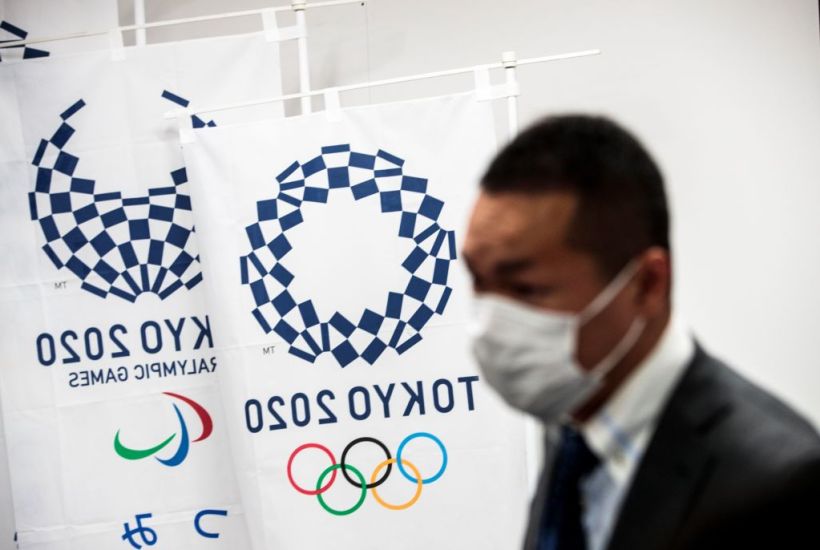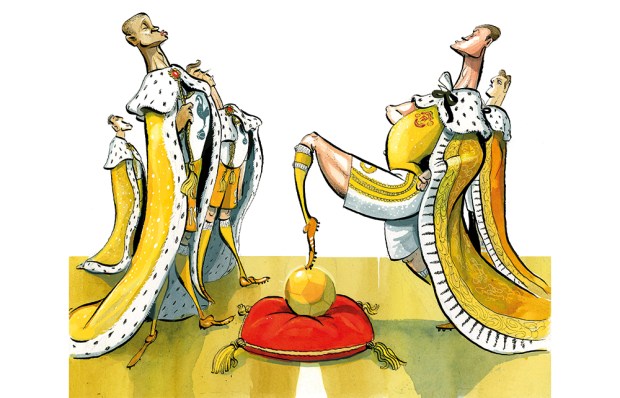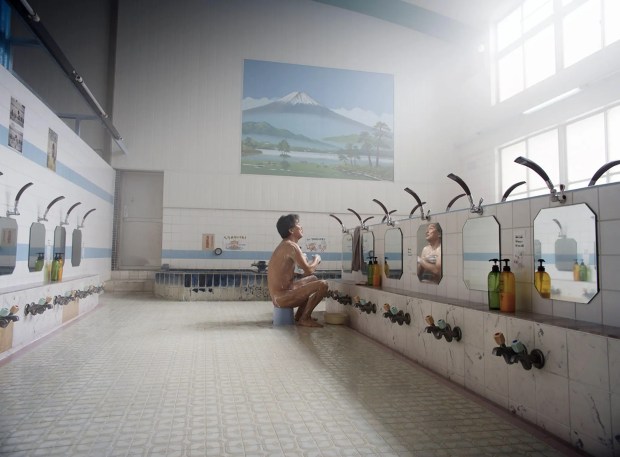It is fair to say that preparations for the 2020 Tokyo Olympics have not being going to plan. In fact, the whole project has been beset by problems and scandals right from the start. The initial award of the games to Tokyo was controversial, with Japan Olympic committee chairman Tsunekazu Takeda forced to step down over corruption allegations connected to the bid. Then there’s the inflated budget, currently an eye-watering £9.8bn, which has led to drastic last-minute cost cutting. Concerns about the sweltering summer weather have also led to the banishing of the marathon to the inconvenient northern island of Hokkaido. Now to top it all off, or possibly finish it all off, we have the coronavirus.
Japan’s reaction to the crisis, initially criticised as too slow, has been ramped up considerably in the last week. Schools have been closed, events cancelled and mandatory quarantine periods put in place for visitors from China and South Korea. On 9 March, the Japanese diet (parliament) approved a bill that would allow prime minister Shinzo Abe to declare a state of emergency for up to two years. It would also permit individual prefectures to instruct people to stay indoors, and cancel individual events. Japan has 1100 confirmed cases of coronavirus, 700 alone from the quarantined Diamond Princess cruise ship.
So what does this all mean for the Olympics?
At the start of March, the International Olympic committee told the world the games will go ahead as planned from 24 July to 9 August. But there was a striking disconnect between the bullishness of the IOC spokesman and some on the Japanese side. Olympic minister Seiko Hashimoto had said the games could be postponed until later in the year, with a decision needing to be made by May. Olympic organising committee executive member Haruyuki Takashi is reportedly planning to propose that the committee at least consider the possibility of a delay (of up to two years) at talks next month.
Hashimoto has since rowed back from his comments somewhat, saying a delay is ‘inconceivable’. But the timing is getting tight; it won’t be long before a decision will have to be made. Already Olympic qualifiers, such as the Asian boxing event and the rugby sevens Olympic test event are being cancelled, throwing athletes finely-tuned preparation schedules into disarray. And there is very little indication of when any improvement in what has now been declared a pandemic can be expected.
On Monday, a government panel of experts predicted that it could take months, or even to the end of the year to get the virus fully under control. This is an assessment that probably errs on the side of caution, but one which nonetheless puts a huge question mark over the viability of an Olympic games this summer. The panel said the next two weeks are crucial in determining whether current measures are proving effective. And with the number of coronavirus victims rising, things don’t look optimistic.
A cancellation to Abe’s showcase sporting extravaganza would be an embarrassment of historic proportions for the government. It would also be a financial disaster. A report by SMBC Nikko securities foresaw a 1.4 per cent drop in GDP draining nearly 7.8 trillion yen from the economy if the games are cancelled, though the true final cost for hotels, restaurants and the tourist industry generally are probably incalculable. Abe will also be aware how much he has staked on a successful Olympics, with rumours that he was planning to call a general election in the heady afterglow of a successful games. His hope was that people would be so giddy with sporting success and reinvigorated patriotism that they would forget the various scandals that have beset his administration.
A cancellation then would be an absolute last resort. But a postponement, though hugely disruptive, might be far more palatable. It may even be desirable regardless of the virus.
In Tokyo’s eagerness to secure the nomination, the Japanese contingent presented a prospectus that could be described as being somewhat economical with the truth. Tokyo’s weather at the time of the games was described as being ‘mild’ and ‘an ideal climate for athletes to perform at their best’. It’s safe to say this raised eyebrows among Tokyo residents who struggle to make it to the train station in the morning in 35 degree heat and 70 per cent humidity without collapsing in a sweaty heap at that time of year, never mind participating in elite sport.
The possible consequences of an Olympics held in dangerously hot conditions have been giving officials sleepless nights for some time now. Not only is the health of athletes at risk, but spectators – many of whom, this being Japan, are likely to be elderly – face hours slowly baking themselves into delirium or worse in an airless concrete national stadium (the proposed air conditioning was cancelled to save money). The risk of mass hospitalisations, and even fatalities, is real, and terrifying. There were 23 deaths and more than 12,000 hospitalisations in the first week of August in 2019 due to heat exhaustion across Japan.
The first Tokyo Olympics in 1964 were held, with eminent good sense, in October, which is genuinely ‘mild’ and would be truly ‘an ideal climate’ for sporting excellence. But due to scheduling clashes with American baseball and European football such a timescale would have precluded a Tokyo bid in the first place. So the Japanese Olympic bid committee took a chance, and hoped for the best. They have probably been praying for some excuse to beg the IOC push the games back ever since.
With the coronavirus they may just have found one.
Got something to add? Join the discussion and comment below.
Get 10 issues for just $10
Subscribe to The Spectator Australia today for the next 10 magazine issues, plus full online access, for just $10.




















Comments
Don't miss out
Join the conversation with other Spectator Australia readers. Subscribe to leave a comment.
SUBSCRIBEAlready a subscriber? Log in